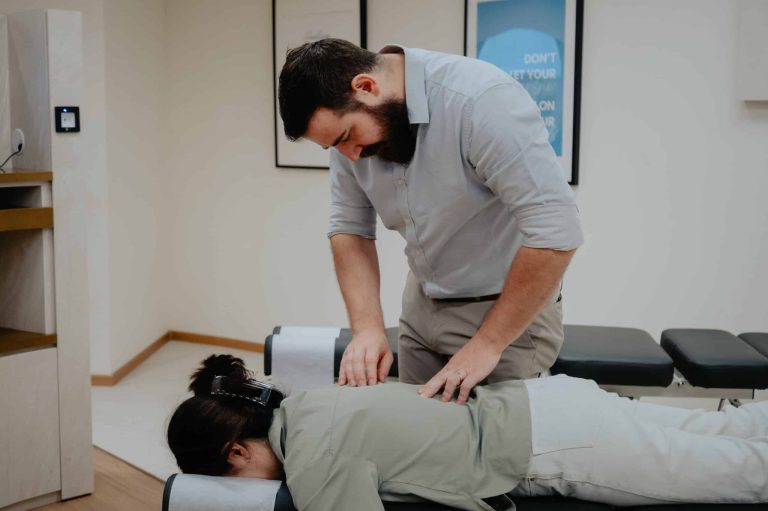Day: April 24, 2024
Everything About Internal Medicine
Internal Medicine An internal medicine specialist is a physician who applies their scientific knowledge and expertise to the compassionate care, diagnosis and treatment of adult […]
Is it Safe to Heard Neck Cracking?
Cracking some parts of your joints is a pretty common habit. Of course, many individuals do it while stretching. You can crack your knuckles, backs, […]













